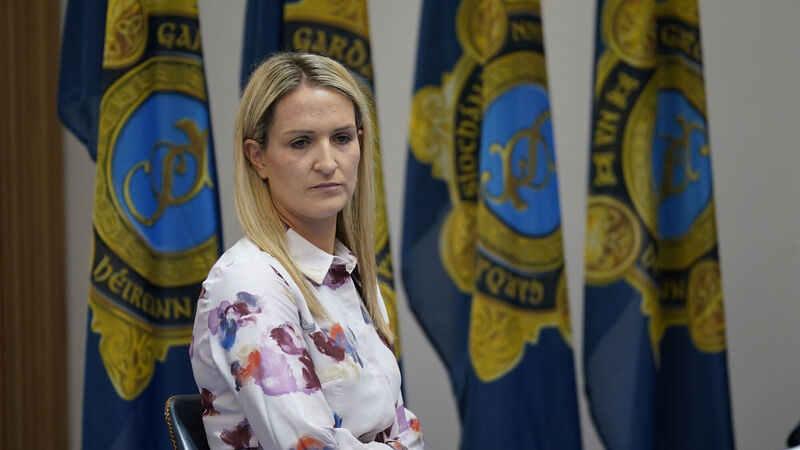Cormac O'Keeffe: Security issues trail progress on policing

At a launch in Drogheda on Monday, Justice Minister Helen McEntee announced the establishment of seven local community safety partnerships — in Kildare, Leitrim, Louth, South Dublin, Sligo, Tipperary, and Longford.File Picture: Niall Carson/PA Wire
Monday was a busy day for the Commission on the Future of Policing in Ireland, not that the long-defunct commission actively played a part in three events that played out yesterday.
Its landmark report — a blueprint for the overhaul of policing and security in Ireland — was published just over six years ago.













